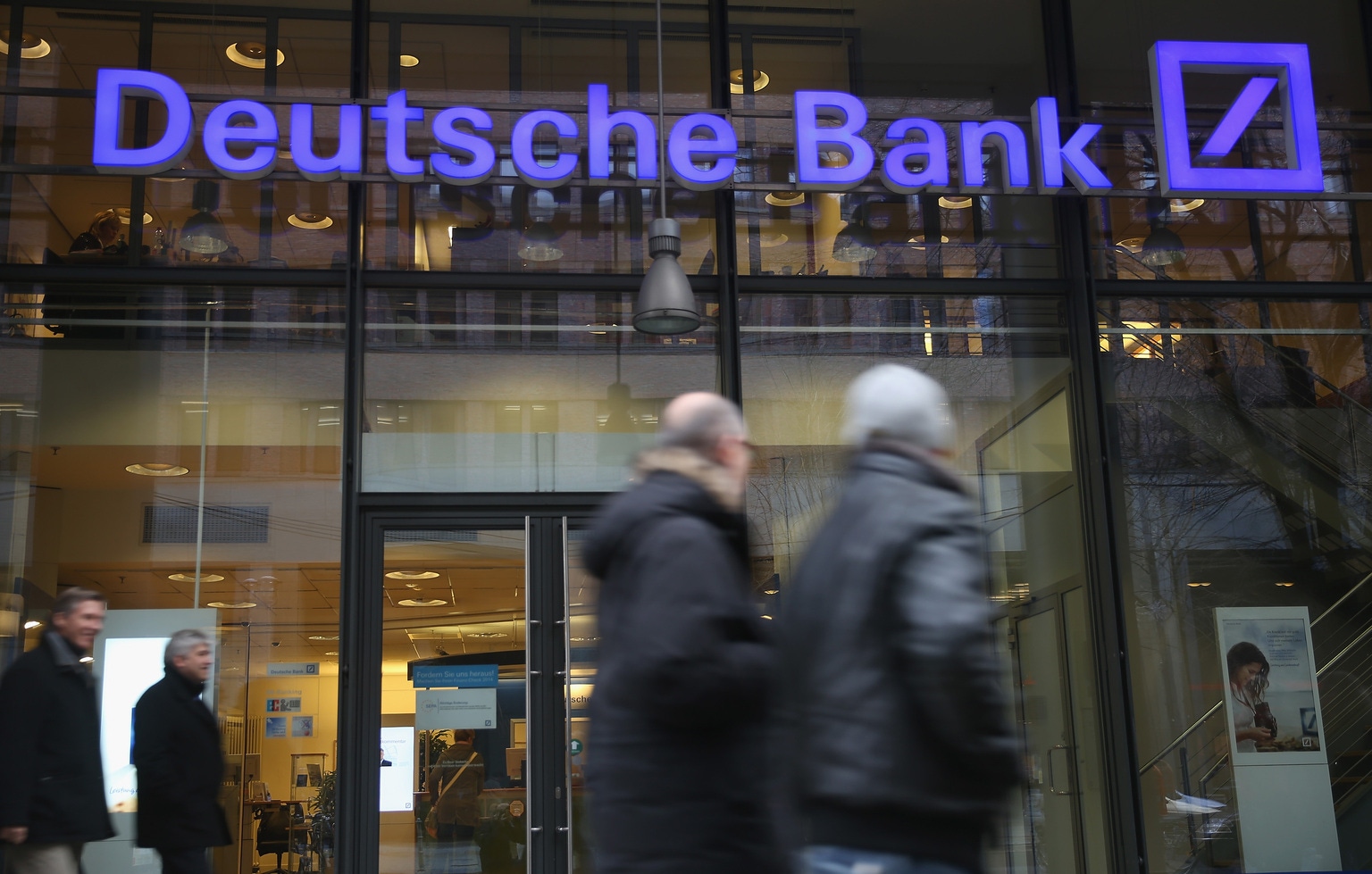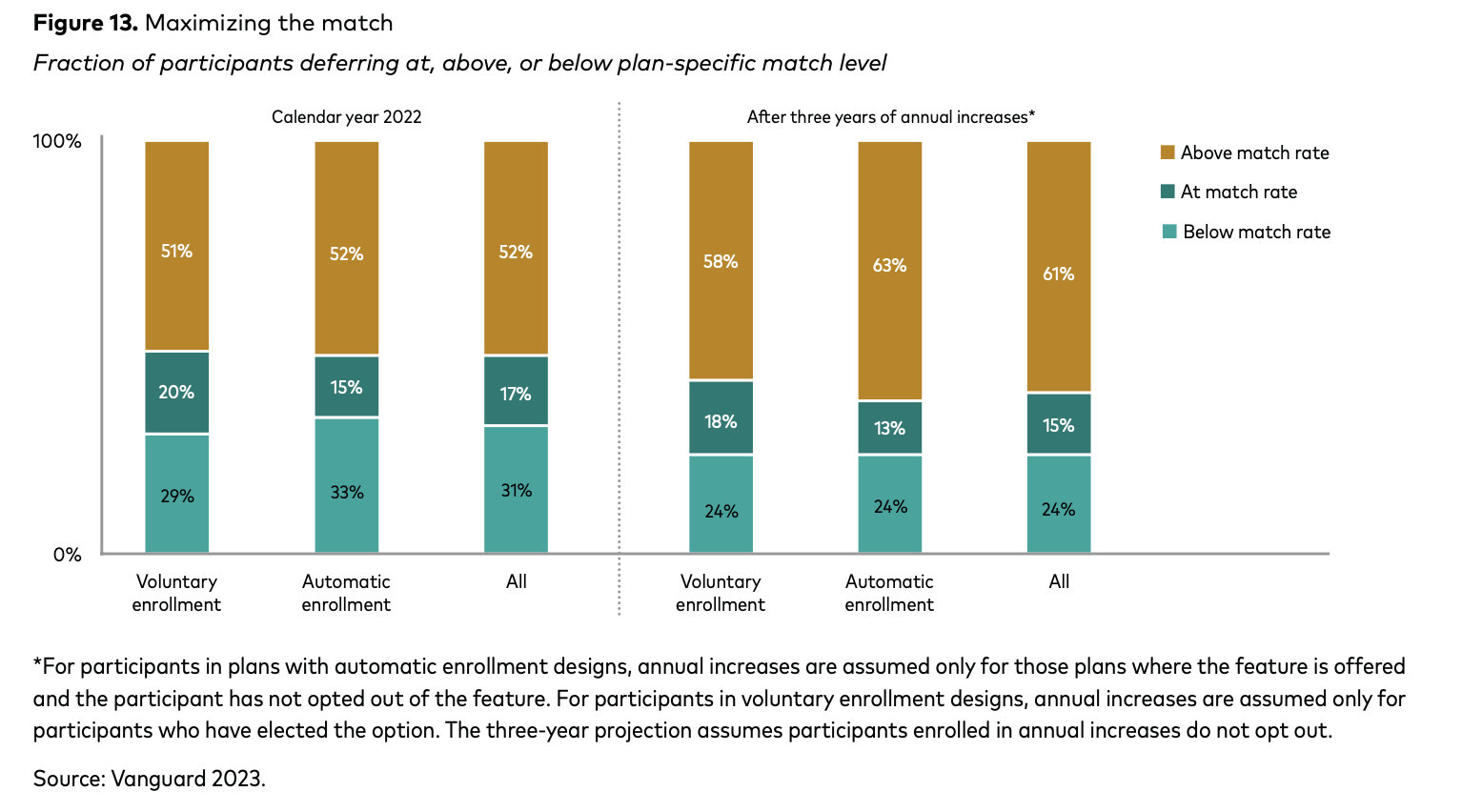This article/post contains references to products or services from one or more of our advertisers or partners. We may receive compensation when you click on links to those products or services
Money and religion can be tense topics to discuss at the dinner table. But when it comes to investing, it’s becoming easier than ever to make sure your investment portfolio is in line with your religion. In many cases, it’s no different from investing in a traditional, secular portfolio other than it aligns with a specific faith.
Faith-based investing is one way for investors who are religious to make sure they are investing in a way that matches their personal faith. Investing based on your faith can take a bit more research and time. Here are some of the ways that investors can get exposure to faith-based investments based on their religious beliefs.
The Short Version
- Faith-based investing is when investors have a portfolio that matches their religious beliefs.
- Some religions, like Islam, have specific guidelines about what its followers should and should not invest in, while other religions are open to interpretation.
- As interest in faith-based investing has increased, more advisors are providing faith-based investing guidance and there are many ETFs and funds that are aligned with specific faiths.
What is Faith-Based Investing?
Faith-based investing is a method of investing in a way that aligns with the investor’s religious faith. Like other types of investment strategies that focus on ethics, such as environmental, social, and governance investing, faith-based investing aims to make money without compromising one’s values. But how exactly that is done can differ from other types of traditional investing plans. In general, it means investing in companies and assets that are in line with what the investor believes in.
There is no general guideline on how to invest faithfully, as it depends on the investor’s personal faith. Each religion and even sects within religions have their own guidance on what its followers should and shouldn’t invest in.
Related: How to Get Started with ESG Investing
History of Faith-Based Investing
Investing based on your personal faith and values goes back hundreds of years. Methodists used to screen investments in alcohol, tobacco, and gambling companies, while Quakers created the Free Produce Movement in the 1800s to boycott goods made by slave labor. By the 1900s, it was common for religious organizations to encourage followers to incite change through their investments.
In the 1960s, for example, Roman Catholics and Protestants spoke out against apartheid in South Africa. They pooled their investments together to confront corporations that didn’t sign the Sullivan Principles, a corporate code of conduct to end workplace discrimination and encourage pay equality.
How Have Financial Institutions Responded to Faith-Based Investing?
As faith-based investing has grown in popularity, so too has the industry’s support for value-based investing. Morgan Stanley, for example, has instructed its financial advisors to help clients construct portfolios that align with both their faith and financial goals. Other institutions have created faith-based funds that align with specific religious values, such as Saturna Capital’s Amana Mutual Funds Trust, which follows Islamic finance values.
How Do Different Religious Groups Invest?
Not all religious followers invest the same way. Faith-based investing principles vary based on the group’s personal religious beliefs. Here are some of the most common ways that religious groups encourage their members to invest:
Islam
Followers of Islam have specific rules set out for them that dictate how they should live in a way that is halal or complies with Sharia (Islamic) law. That includes things like food but also investing principles. In general, Sharia law forbids engaging in specific industries, including tobacco, alcohol, gambling, pork, and pornography. Things like speculation, interest-paying investments (including savings accounts), and debt are not considered halal.
Muslim investors who want to invest based on their faith generally avoid investing in specific companies. Besides not investing in these industries, they will also make sure that any company they invest in does not have too much debt. They often also invest in Sukuk bonds, which are bonds that do not pay interest but instead represent ownership in current or future assets.
Jewish faith
Although there is less formal guidance on investing based on the Jewish faith, there are overall principles dictated by the Torah that Jews can apply to their investment portfolio. Many of the teachings in the Torah talk about the importance of charity, justice, diversity, and caring for the planet.
For that reason, socially responsible investing is generally considered closely aligned with the Jewish faith and those wishing to invest based on Jewish principles.
Catholic
Catholics who want to invest based on their faith can look at the guiding investment principles of the U.S. Council of Catholic Bishops. These principles include things like protecting human life, reducing firearms production, protecting the environment, and encouraging corporate responsibility.
Investors who want to adhere to Catholic investing principles often avoid investing in firms that support abortion, produce firearms, are in adult entertainment, or engage in discrimination based on sex or gender. Instead, they might invest in environmentally conscious firms, companies that support fair workplaces and human rights organizations.
Protestant and Other Christian Denominations
Protestant denominations range in their believes, so investing based on the protestant faith can vary by church. In general, those of the protestant faith value hard work and thriftiness, so things like saving are encouraged.
Some churches, like the Church of England, have clear investment guidelines, which include promoting social and ethical issues and avoiding investments in firearms, adult entertainment, high-interest lending, and tobacco or gambling.
How Can Investors Build a Successful Investment Strategy That Aligns With Their Faith?
Investing in a way that aligns with your personal faith can be a bit challenging compared to more traditional forms of investing, but it doesn’t have to be impossible. Faith-based investing just requires a bit more planning and research.
Build a Faith-Based Investment Strategy
The first thing to do is to determine what your values are. If you’re Muslim, for example, you might want to familiarize yourself with the guidelines set by the Accounting and Auditing Organization for Islamic Financial Institutions. Or if you are Catholic, you can look at the six principles set forth by the U.S. Council of Catholic Bishops.
Once you identified your core values based on your faith, you can think about your personal investing goals and investing style. Are you okay with taking risk or do you prefer a portfolio that is safer? What about your time frame? Are you looking for short-term investments or are you looking to invest for retirement in 20 or 30 years? Knowing your investment goals along with your values can help you determine what to invest in, whether that’s ETFs, index funds, Sukuk bonds, or another type of investment.
Related: Best Investment Strategies (and How to Choose the Right One for You)
Invest in Funds that Adhere to Faith-Based Investing Values
Another way to invest in a way that aligns with your faith is through funds that adhere to a faith. There are many funds and ETFs that adhere to specific religious faiths.
For example, Saturna Capital has a number of funds that are aligned with the Islamic faith. SP Funds by ShariaPortfolio is a private fund that is also compliant with those who follow Sharia law. The firm also offers a sukuk ETF and real estate ETF that are backed by rental income instead of interest.
Another fund, called J-Impact, invests in projects that adhere to Jewish values of making the world a better place while the iShares MSCI Israel ETF (EIS) invests in Israeli securities that track the Israeli equity market.
Meanwhile, the Global X S&P 500 Catholic Values ETF (CATH) gives investors exposure to companies that adhere to the guidelines set out by the U.S. Conference of Catholic Bishops. And the New Covenant Growth Fund (NCGFX) makes investments in line with the General Assembly of the Presbyterian Church, which includes not investing in companies in the gambling, firearm, and alcohol sectors.
Find an Advisor
If you want to invest in specific assets but aren’t sure if they align with your faith or aren’t sure how to invest in them, you can also find a financial advisor who can help. Many large financial institutions, like Merrill Lynch or Morgan Stanley, have advisors to help clients looking for faith-based investments.
Some smaller wealth managers and investment firms just focus on specific faith-based investing. The Knights of Columbus Asset Advisors, for example, help clients invest in a way that is compliant with the Catholic faith.
The Takeaway: Can Faith-Based Investing Be Profitable?
Like other types of investments, faith-based investing can be risky. You can make a lot of money, lose money, or just break even. Whether or not your portfolio is profitable depends on what you invest in, how long you invest or, and the general health of the markets and economy.
Working with a financial advisor can help you understand the risks and challenges of investing while making sure your investments are aligned with your faith. Regardless, you should also do your own research and learn as much about investing as you can. Your investments can be aligned with your faith but they should also match your personal investing goals.
















